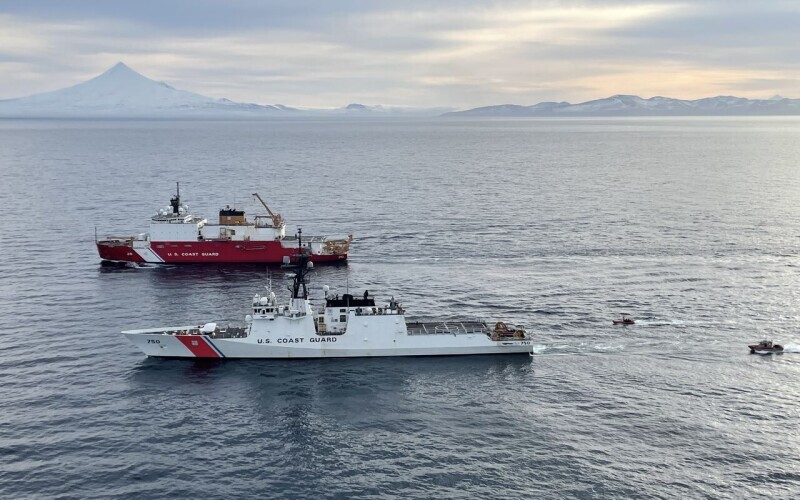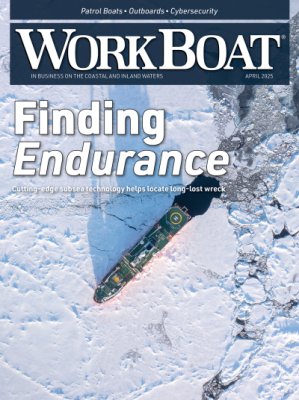The U.S. Coast Guard has suspended hazardous cargo operations at Puerto Nuevo Terminals (PNT), San Juan, Puerto Rico, citing violations related to the handling of dangerous materials, specifically ammonium nitrate. Capt. Robert Stiles, acting commander of Coast Guard Sector San Juan, issued a Captain of the Port (COTP) order on Wednesday following an inspection that revealed the Port's non-compliance with previous safety regulations.
PNT’s permit to handle hazardous cargo had already been suspended due to inadequate firefighting capabilities. A statement from the Coast Guard said the agency had provided multiple opportunities for PNT to meet compliance requirements, including a final notice with a deadline of Oct. 8, 2024. When PNT failed to meet the deadline, its permit was suspended on Oct. 9. The Coast Guard said that although some progress was made, restrictions remained in place, which PNT ultimately violated, leading to the current full suspension.
“This is a serious violation creating a dangerous situation at Puerto Nuevo Terminals, which is located next to a liquefied natural gas facility,” said Capt. Stiles. “The unlawful handling of ammonium nitrate can pose a serious risk to the safety of critical port infrastructure in San Juan Harbor. We are investigating this matter thoroughly and have taken necessary measures to ensure that the Puerto Nuevo Terminals facility is operating in a safe manner.”
Under the provisions of 33 CFR § 126.31, the suspension will remain in effect until PNT meets the requirements outlined in the COTP order. Facilities handling dangerous cargo must comply with National Fire Protection Association standards, including hydrants every 300' and an adequate water supply. The Coast Guard said PNT may continue handling non-hazardous general cargoes but cannot process hazardous materials until full compliance is achieved.
Failure to comply with the COTP order carries significant penalties, including fines of up to $117,608 per day for each violation. Willful and knowing violations could result in felony charges, up to six years in prison, and fines reaching $500,000 for organizations.





